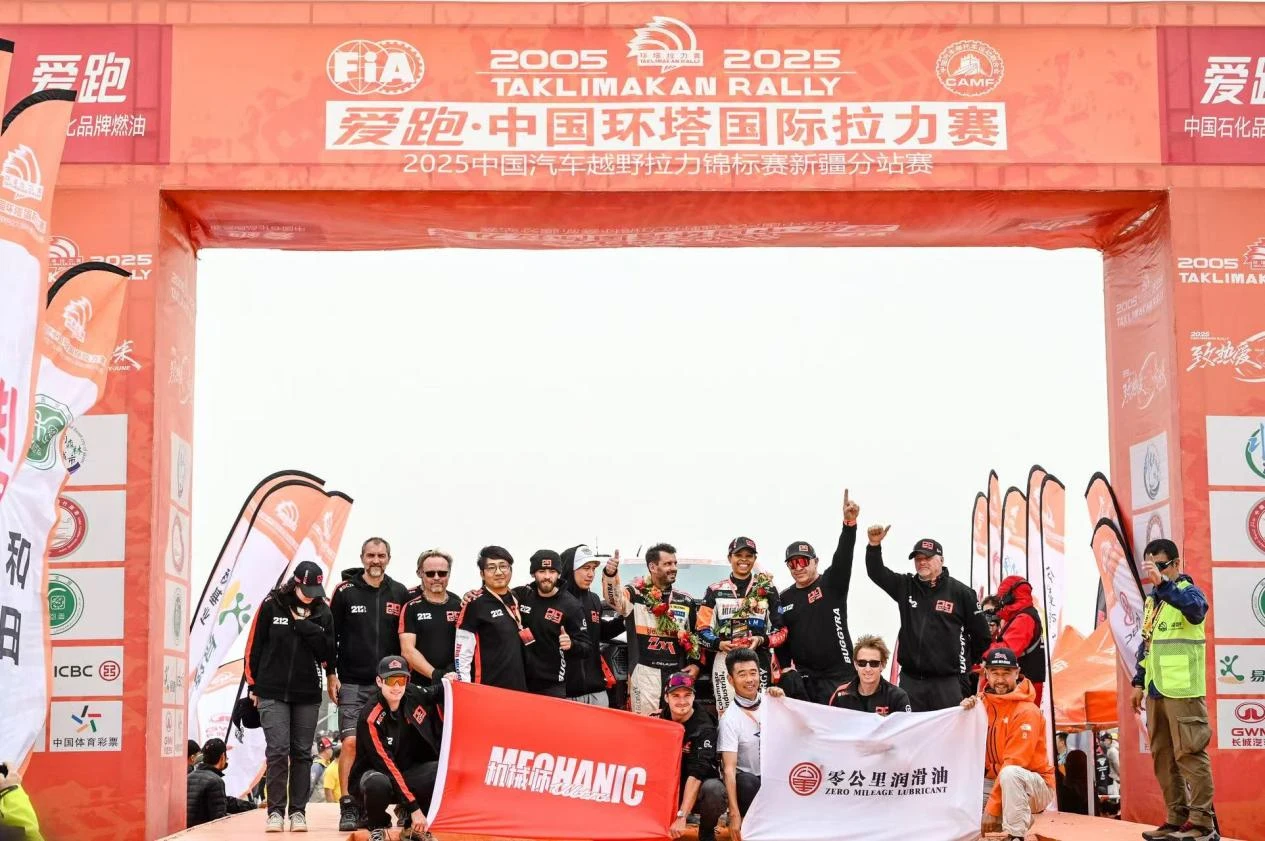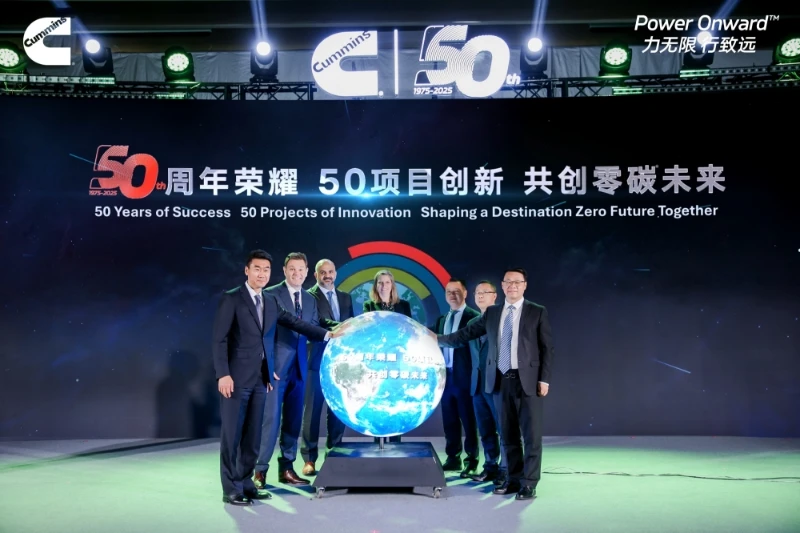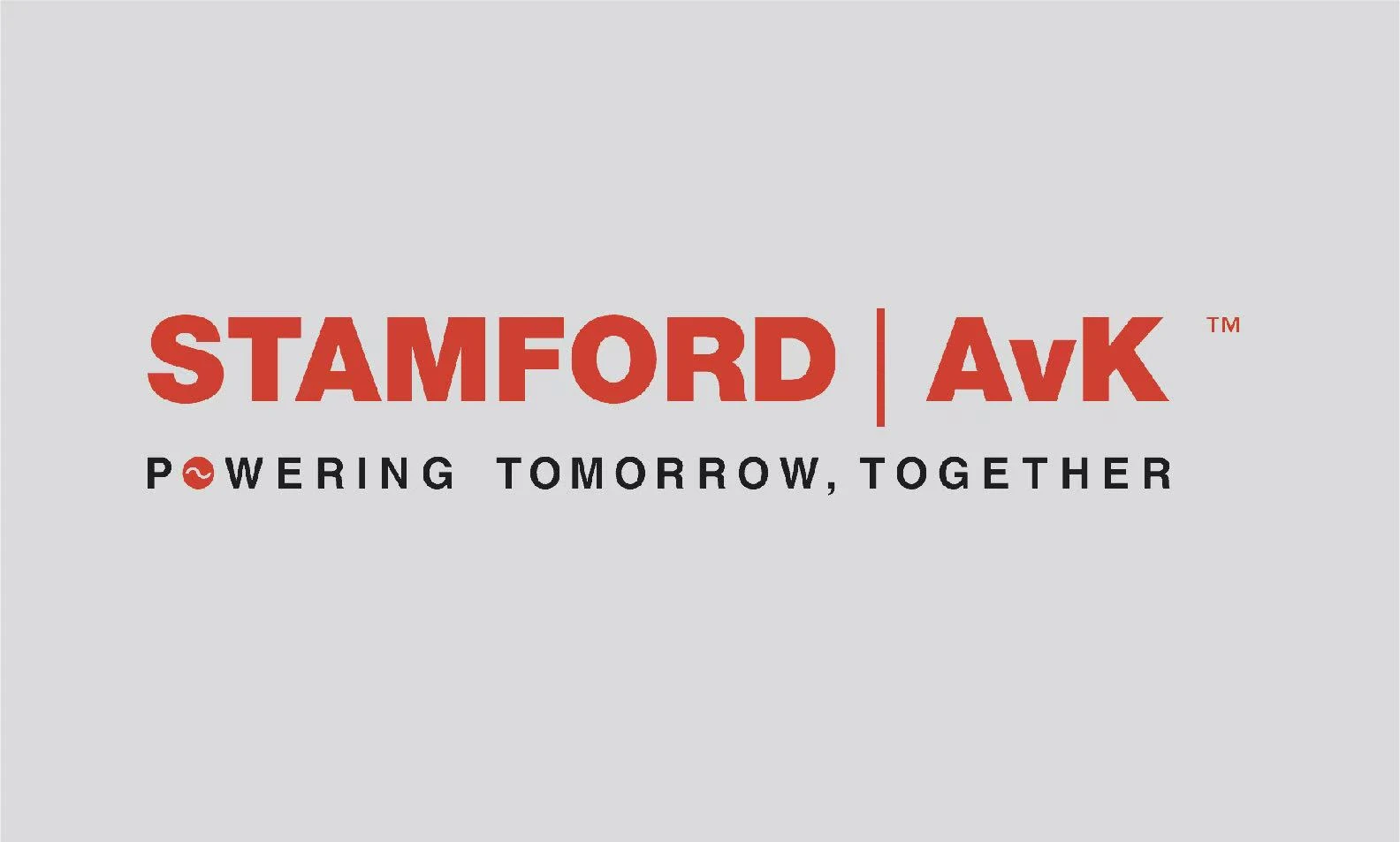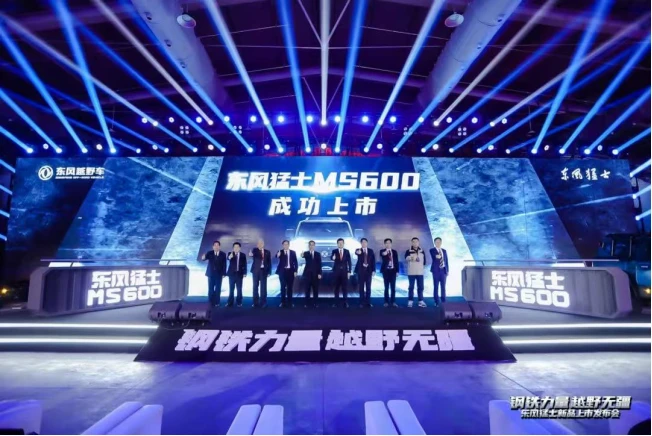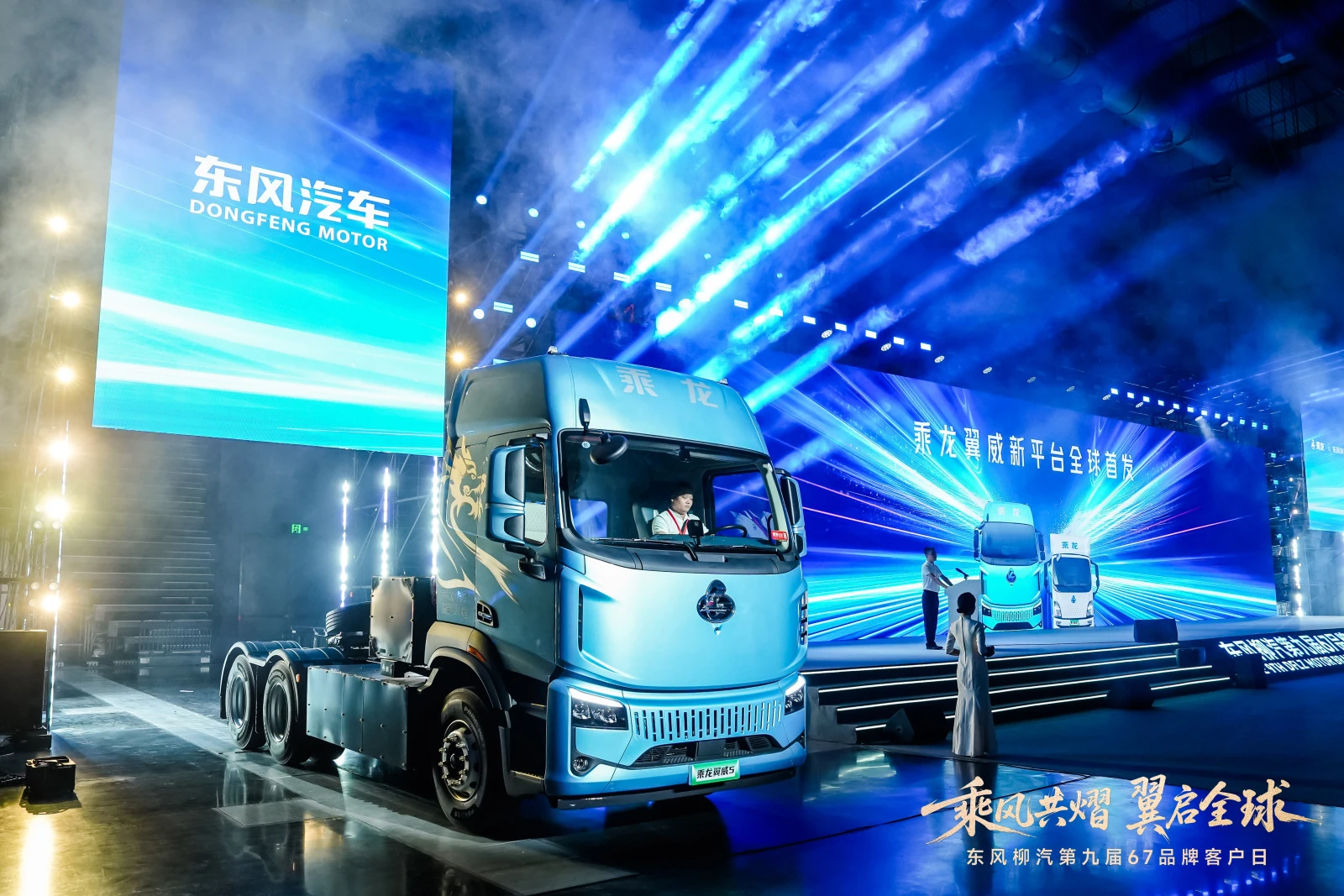How Corporate Branding Strategy and Global Marketing Drive Growth
In today’s hyper-connected world, brand perception travels faster than ever. Whether your business operates in one country or twenty, what people think of your brand matters—and that impression is shaped long before they become customers. That’s why a solid corporate branding strategy is no longer a luxury; it’s the backbone of sustainable, scalable business growth.

From empowering corporate ambassadors to launching unified campaigns through a global social marketing agency, success hinges on brand alignment across every channel and geography. If your brand feels fragmented, outdated, or reactive, it’s time to recalibrate.
What Is Corporate Branding Strategy?
Your corporate branding strategy is the blueprint for how your company is perceived—externally and internally. It defines your values, purpose, tone, and visual identity, and ensures consistency across touchpoints: website, sales pitches, customer service, hiring, and marketing.
Done well, this strategy builds:
Trust with stakeholders
Loyalty among customers
Alignment across internal teams
Authority in your market
It answers core questions:
Who are we as a brand?
Why should anyone care?
How do we communicate consistently?
What experience should people have with us?
What Do Corporate Branding Services Include?
Corporate branding services go far beyond designing a new logo. They involve strategy, research, creative development, and internal engagement. Here’s what top-tier branding services usually offer:
1. Brand Discovery & Research
Includes stakeholder interviews, competitor analysis, and perception audits to uncover gaps and opportunities.
2. Brand Positioning
Defines your unique value, audience fit, and emotional core.
3. Visual Identity System
Logo, typography, color palette, photography style, and design rules—all captured in a brand book or style guide.
4. Messaging Framework
Your voice, tone, elevator pitch, mission, and messaging tailored for audiences (e.g., customers vs. investors).
5. Internal Rollout Strategy
Workshops, guidelines, and tools that ensure employees become brand stewards.
6. Employer Branding
A critical area of overlap with HR—used to attract top talent by shaping how you’re seen as a workplace.
The Rise of Corporate Ambassadors
Corporate ambassadors are individuals—most often employees or leadership—who personify your brand’s values and represent your voice across social platforms, industry events, and internal culture.
Empowered properly, they:
Share brand stories organically
Build credibility and humanize the business
Drive recruitment and retention
Act as trusted voices during launches or crises
Great corporate branding strategy doesn’t end with messaging guidelines—it turns employees into brand believers.
Pro tip: Develop a social playbook and ambassador toolkit to help your team feel confident and clear about how to represent the brand online.
Going Global? You’ll Need More Than Translation
Expanding internationally adds a whole new layer of complexity. Enter the global social marketing agency—a specialized partner that blends brand strategy with local execution at scale.
A world-class global partner should:
Localize, not just translate, content
Run multi-region campaigns that align with cultural nuances
Leverage global platforms
Integrate data across regions into unified dashboards
It’s not just about running global social ads. It’s about crafting cross-border narratives that make sense in Singapore, São Paulo, and San Diego—at the same time.
The Role of Global Research and Marketing
You can’t build global resonance without local relevance. That’s why global research and marketing must go hand in hand.
This means conducting:
Consumer insight studies in each market
Competitor benchmarking across regions
Cultural intelligence mapping to understand tone, humor, and taboos
Platform performance reviews for region-specific targeting
Whether you’re entering a new region or scaling an existing presence, decisions should be driven by insight, not assumption.
Why You Need Strategic Alignment
Branding. Social. Research. Messaging. Paid ads. Global rollout.
You can’t afford to let each operate in silos.
When your corporate branding services connect directly with your global research and marketing, your campaigns become exponentially more effective. The result: faster market traction, stronger brand consistency, and better ROI from your global social ads.
Corporate Branding & Global Marketing FAQs
Q1: What’s the difference between corporate branding and product branding?
A: Corporate branding is about the company’s identity—its values, voice, and reputation. Product branding focuses on individual offerings. Corporate branding builds long-term equity and trust; product branding sells features.
Q2: How do corporate ambassadors add value?
A: They build trust, amplify reach, and create authenticity. People trust people, not brands. Employees and executives who embody your values become powerful marketing channels.
Q3: Do I need a global social marketing agency if I already run international ads?
A: If you want consistency and local nuance at scale, yes. A specialized agency ensures your brand stays aligned globally while adapting content for each market’s tone, culture, and language.
Q4: What’s the ROI on corporate branding services?
A: Strong branding improves customer retention, pricing power, recruitment, investor confidence, and marketing effectiveness. It’s hard to quantify in a single metric—but easy to see in long-term business performance.
Q5: How do global research and marketing influence branding?
A: They uncover what resonates in each market, helping your brand avoid generic messaging and connect in ways that feel local, timely, and relevant.




